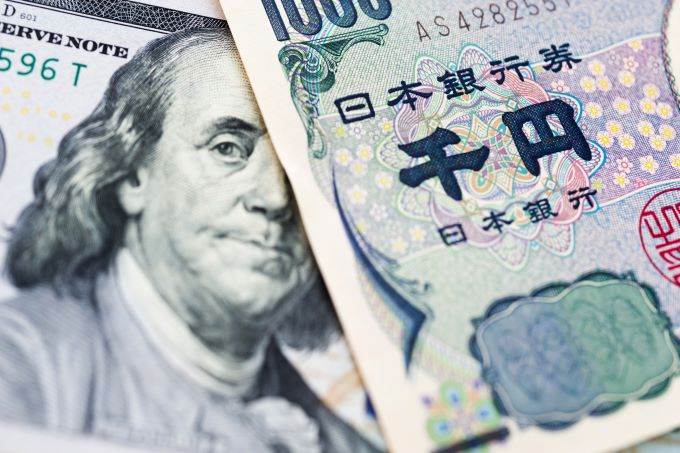
Recently, the Reuters Tankan Survey was released, reporting that manufacturing and services firms were less pessimistic regarding the future of the Japanese economy.
The Sentiment Index for the services sector was at -13 in November, improving from October's -16. The Sentiment Index for the manufacturing sector went up from -26 in the previous month to -13, improving but remaining in the negative territory for the 16th straight month.
The Cabinet Office reported the preliminary Leading Economic Index, which stood at 92.9 after being at 88.5 in the previous month, better than the analysts' expectations, as they foresaw it to be at 88.6. The Coincident Index stood at 80.8 in September, higher than the analyst expectations who foresaw it at 79 and higher than the previous month's 79.4.
Japanese Prime Minister Yoshihide Suga announced that the government is willing to strengthen the alliance with the new US administration, adding that it's in Japan's interests to secure prosperity and peace in the region.
“I look forward to working with you to further strengthen the Japan-U.S. Alliance and ensure peace, freedom, and prosperity in the Indo-Pacific region and beyond,” he said on Twitter.
The press also reported that a Japanese Finance Ministry official said that the ministry will keep monitoring the foreign exchange market developments, though it's still not clear why the markets are behaving that way. The Bank of Japan is also paying attention to the market developments, especially now after Joe Biden's victory, as a sharp appreciation of the yen could end up affecting the Japanese economy negatively.
So far, 107,086 coronavirus cases have been reported in Japan, as well as a death toll of 1,812. Infections are rising in places like the prefecture of Kanagawa, and the Island of Hokkaido.
By 6:22 GMT the Japanese yen went up by 0.17 percent against the US dollar, hitting the 103.50 level.
